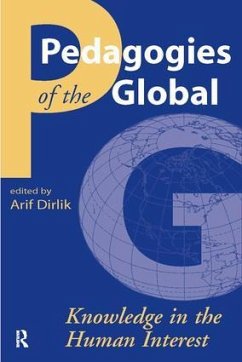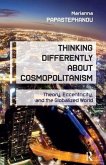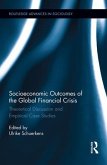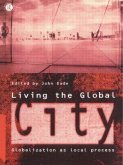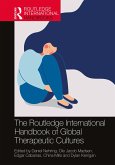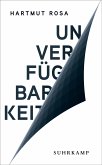The essays in this collection address questions raised by a modernity that has become global with the victory of capitalism over its competitors in the late twentieth century. Rather than erase difference by converting all to European-American norms of modernity, capitalist modernity as it has gone global has empowered societies once condemned to imprisonment in premodernity or tradition to make their own claims on modernity, on the basis of those very traditions, as filtered through experiences of colonialism, neocolonialism, or simple marginalization by the forces of globalization. Global modernity appears presently not as global homogeneity, but as a site of conflict between forces of homogenization and heterogenization within and between nations. Prominent in this context are conflicts over different ways of knowing and organizing the world. The essays here, dealing for the most part with education in the United States, engage in critiques of hegemonic ways of knowing and critically evaluate counterhegemonic voices for change that are heard from a broad spectrum of social, ethnic, and indigenous perspectives. Crucial to the essays' critique of hegemony in contemporary pedagogy is an effort shared by the contributors, distinguished scholars in their various fields, to overcome area and/or disciplinary boundaries and take the wholeness of everyday life as their point of departure.
Hinweis: Dieser Artikel kann nur an eine deutsche Lieferadresse ausgeliefert werden.
Hinweis: Dieser Artikel kann nur an eine deutsche Lieferadresse ausgeliefert werden.

